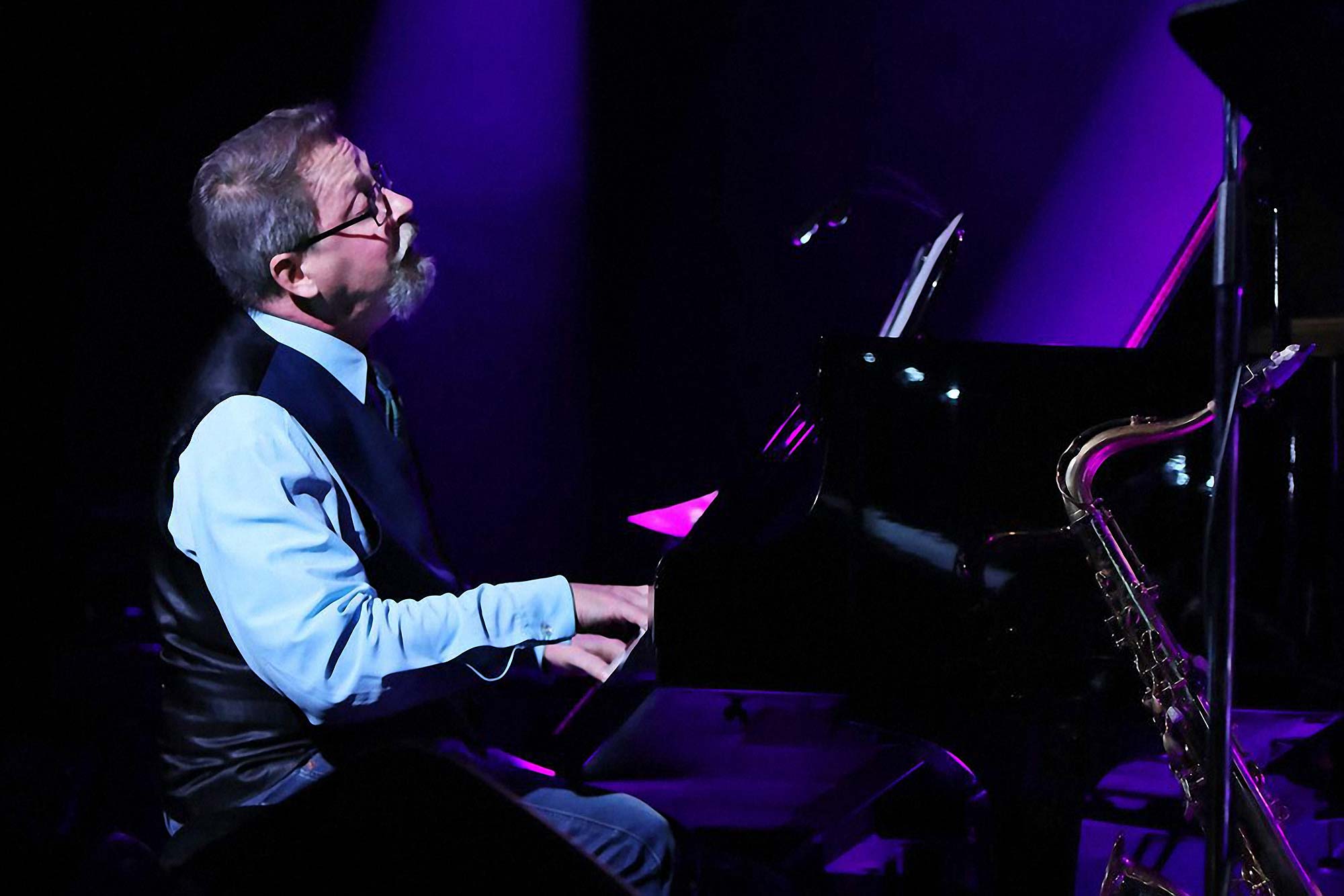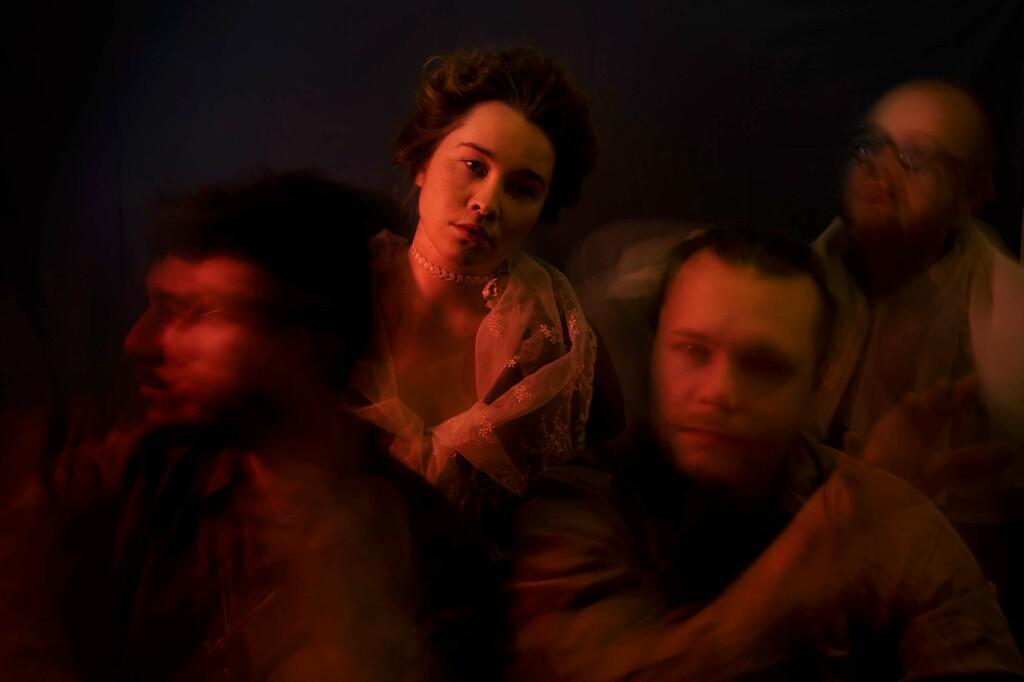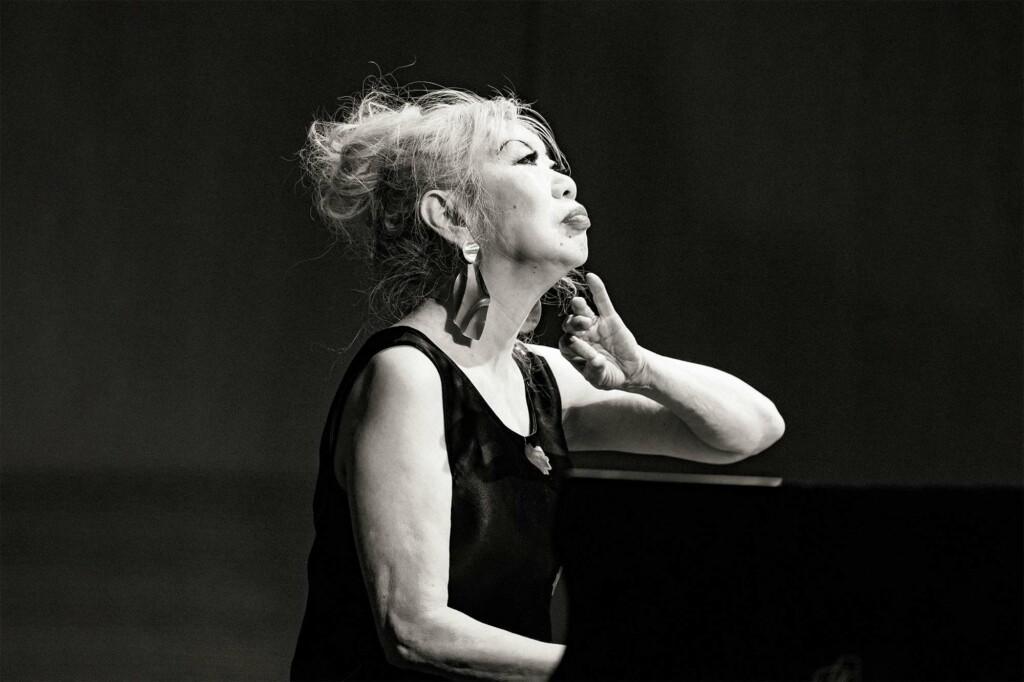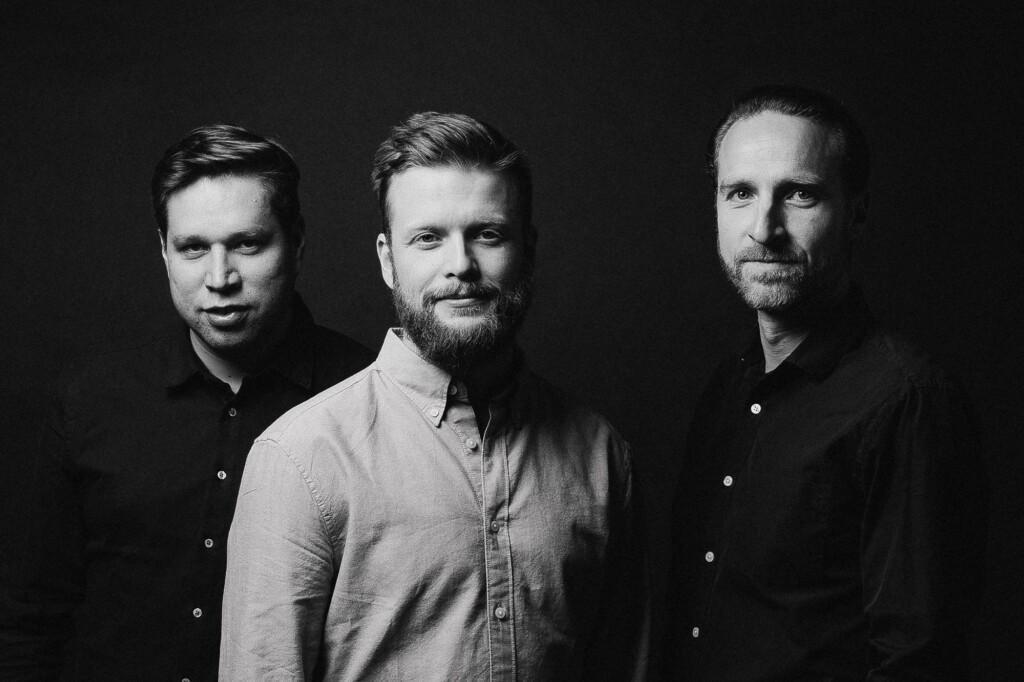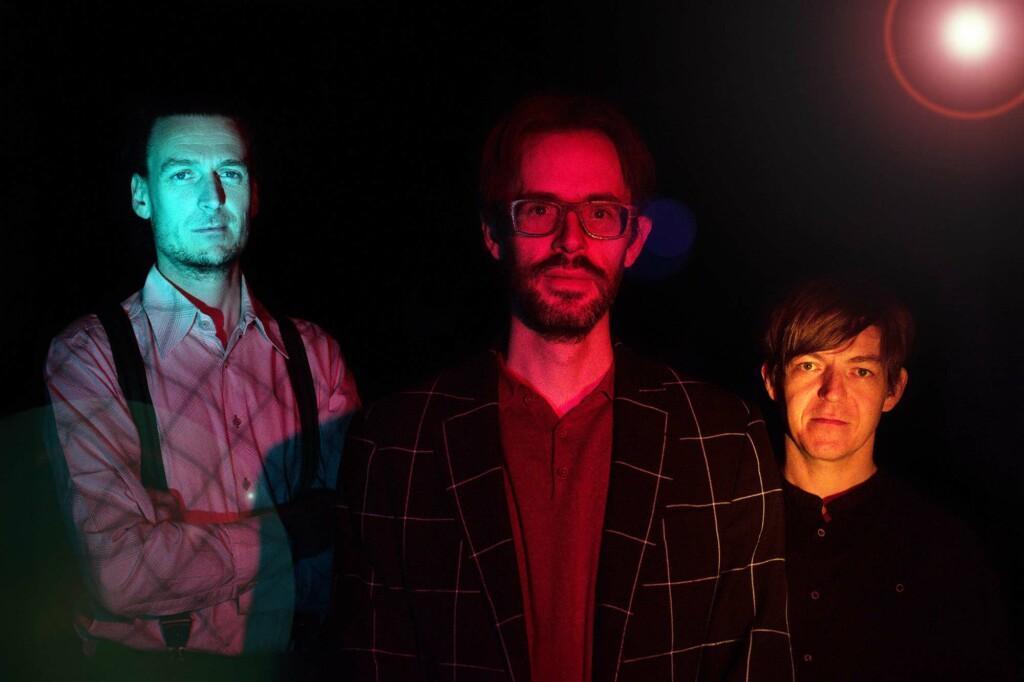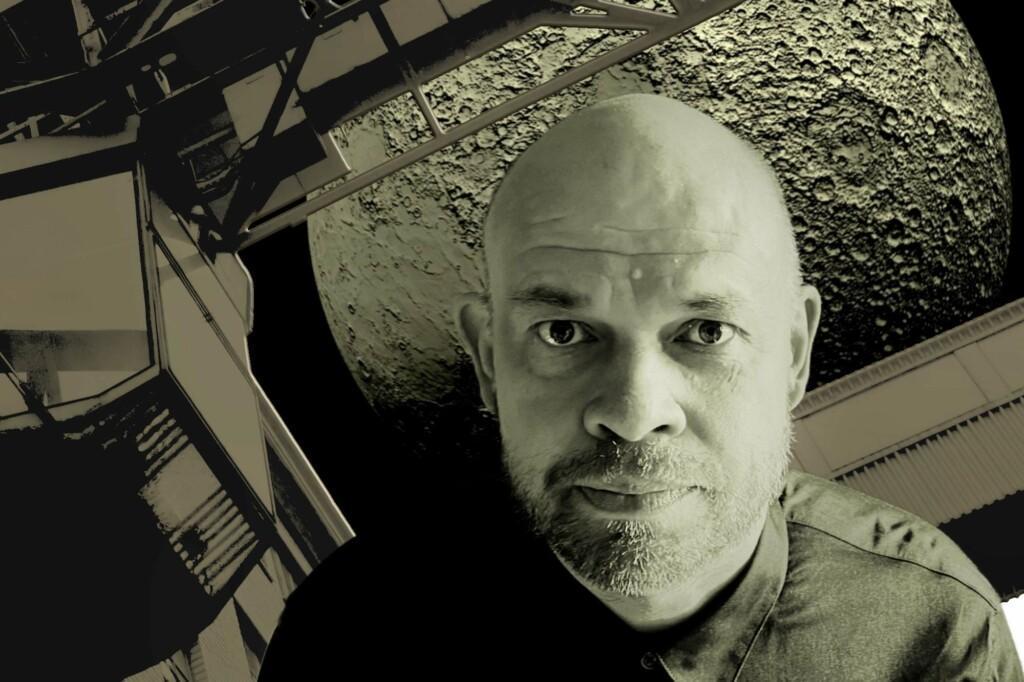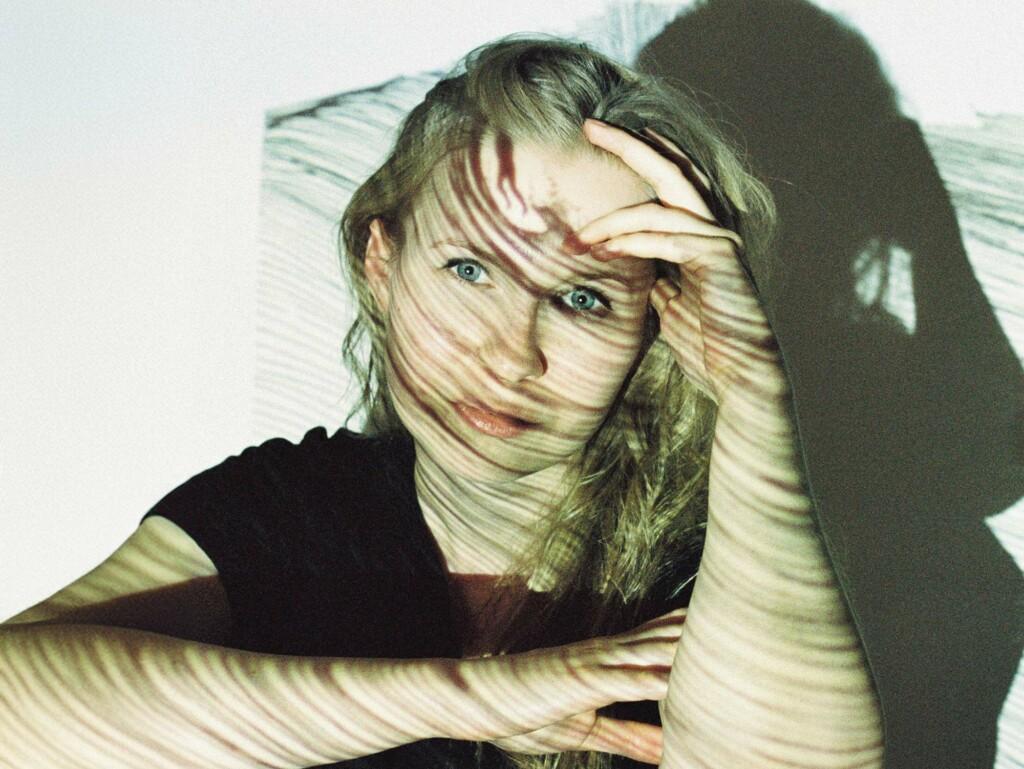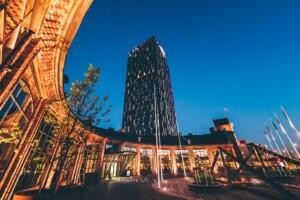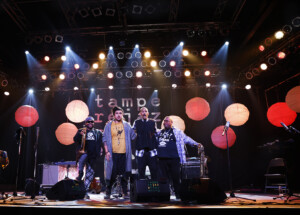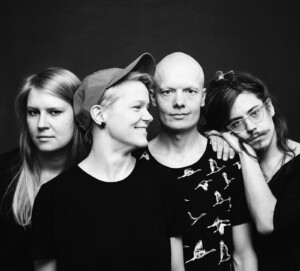What’s happening? How’s it going?
After the pandemic eased up, everyday life feels good and a little confusing; when your activity has been limited for two years, the recovery process has its surprises. I’m now living a productive time as a composer and this must have been one of the reasons why I survived the quiet period rather well. Fortunately, the good mood seems to continue and create faith in the future. I have also always been an avid reader and it has, if possible, increased recently influencing my music.
You have composed a work commissioned by Jazz Happening, which you have named Bias. Why this multi-meaning concept, which is used to refer to attitudes, prejudices and confrontations, as well as biases in social discourse among other things. Or have you thought of something completely different with the name?
The name Bias fascinated me precisely because of its multiple meanings. The word also causes strong associations and perhaps the first thing that comes to mind for many is something negative. But I personally like the interpretations “crooked”, “skewness” and “systematic error” – one of the songs is The Prismatic Bezel, Taittava Viiste.
It’s also a fun play of thought if someone wants to interpret the word bias as “biased”, they must think about what Kantonen wants to be “biased” or “prejudiced” for. Bias was also an influential philosopher and speaker in ancient Greece and I have read that the term was sometimes used to describe a messenger. There is room for interpretation here.
How did this conceptual starting point affect your composition and arrangements as well as the instrumentation for the ensemble performing Bias? Or did you think about it even before the idea of the piece and composing it?
The lineup that formed at an early stage was a typical combo for jazz music with an unconventional instrument involved – in this case it’s an accordion. As far as the brass players are concerned, Magnus, Fredrik and Samuel’s excellent musicianship and suitability for this particular band also had an impact. Joonas was a natural choice because he has always been one of my favorite drummers. I also know that all the musicians I chose can interpret the frames I wrote.
You have understated that Bias, which is about an hour long, is just “a series of songs” and you were otherwise reserved about the idea of great “jazz pieces”. Why? Is this somehow in conflict with how you see the core / essence of jazz?
Composing so-called large forms for several improvisers is challenging to say the least. I think the reason for this is that the “core of jazz” mentioned in the question includes a constant reaction to the environment when improvising together, and thus the ever-changing situations. In my opinion, this “variable” is the essence of jazz music in many ways.
When composing large forms the situations are already controlled in advance to meet the requirements of the form and this often limits the organic series of “variables” produced by the improvisers. Sure, there are bands and musicians who are able to create great ensembles with their improvisation but then it’s more about spontaneous co-composition rather than a pre-constructed form by one person.
I admit that I have a bad attitude towards works that use terms describing the form from classical music. This is because in my opinion jazz music already has its own value and it does not have to meet the “requirements” or “labels” of any other music. However, I am very interested in combining improvised and predestined material.
What’s going to happen? What does the future look like?
I have a pleasant challenge waiting for me next spring: the premiere of the keyboard concerto composed by Max Savikangas in May of 2023. The concerto will reflect on the themes I have just presented: predetermined and improvised. I will play both piano and the electric keyboards in the piece.
Although I’ve read a lot all my life it’s only in the recent years that I have discovered poetry and making vocal music. In 2019 I composed a series of songs for the Lapland chamber orchestra, a jazz trio and a singer, which was released last year on the album called Selja. This will be continued in some form. I have also composed songs for Anni Elif Egecioglu. The album will be released in 2023.
A fair amount of material for different connections has accumulated in the desk drawer and the task for the following years could be to organize it for recording. In addition to composing and playing.

